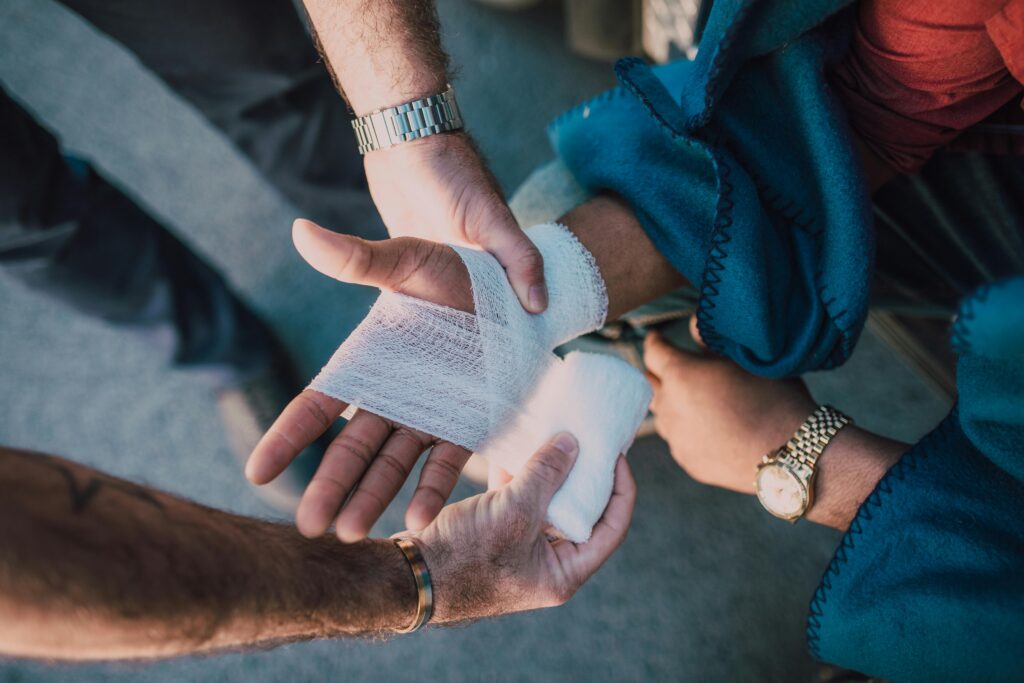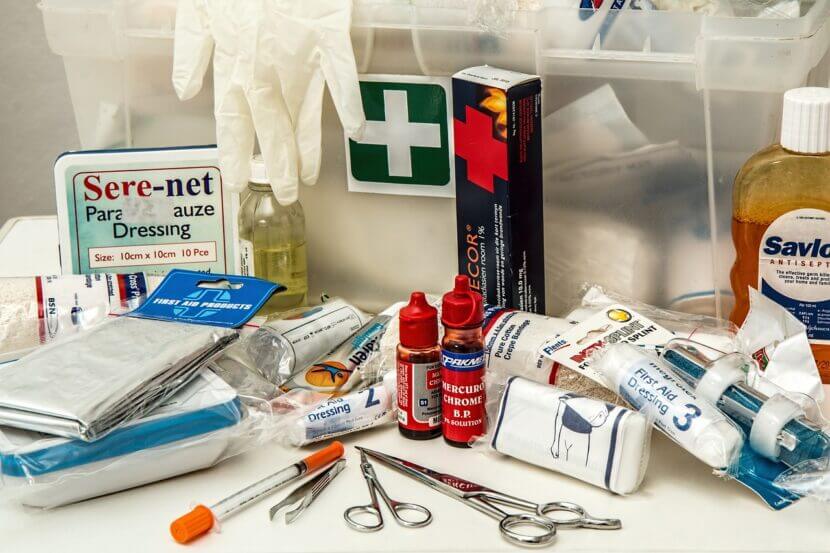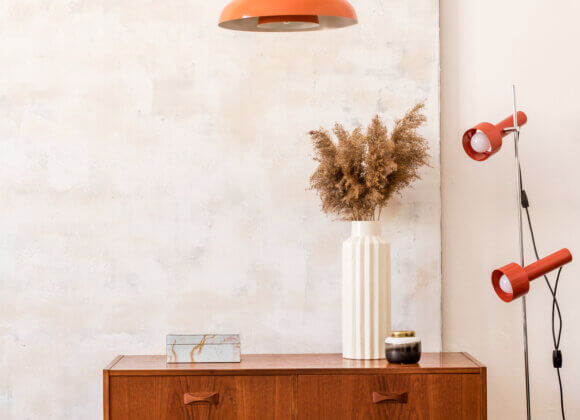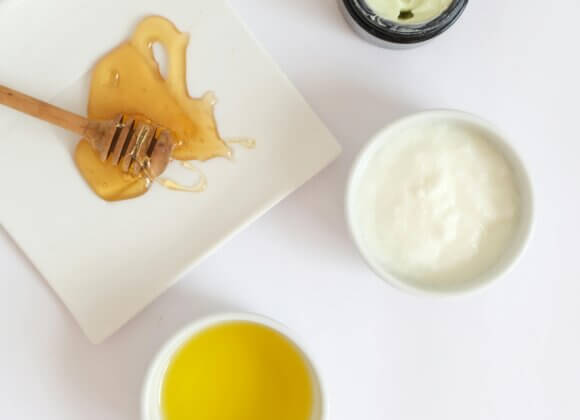Minor injuries, but also colds or insect bites, happen faster than you think. This makes it all the more important to have a well-stocked medicine cabinet to hand. We have researched what should undoubtedly be found in it:
Pharmaceuticals
In addition to remedies for pain, fever and colds, every well-stocked medicine cabinet should also contain remedies for diarrhea, nausea, vomiting and constipation. In addition, remedies for insect bites and sunburn are part of the basic equipment of a well-stocked medicine cabinet. And of course it should also contain disinfectants for skin and wound disinfection. An electrolyte solution to compensate for fluid loss in the event of diarrhea also makes sense.
Tip: Not every medication prescribed for adults is also suitable for children. Therefore, if children live in the household, medicines appropriate to their age should be available.
Dressing material
Besides In addition to plasters in various sizes and designs, gauze bandages, elastic bandages, wound dressings, special dressing materials for minor burns and a triangular cloth should also be kept in the medicine cabinet. After all, around 60,000 accidents occur in households in Germany every year. Adults, mostly women, usually injure themselves during activities such as cleaning and cooking. Sharp knives and other cutting implements, as well as glass and tools, can cause injuries to children. In addition, there are wounds that they get when running around and playing.

Important tools
Other essential items in the medicine cabinet are clinical thermometers, bandage scissors, tweezers, disposable gloves and cooling compresses. A tick card or tick tweezers are also recommended.
What else you should consider for your medicine cabinet:
- It is not enough to fill the medicine cabinet just once. Rather, it must be checked at regular intervals in order to be able to sort out expired medication. Pharmaceuticals that are no longer valid can be handed in at hazardous waste collection centers, waste disposal sites and many pharmacies.
- Remember to replenish used items immediately.
- Keep the package leaflet for all medicines so that you are always informed about the area of application, dosage, intake and side effects.
- It makes sense to also keep a brochure with first aid measures and a list of important telephone numbers – such as that of the poison control center – in the medicine cabinet.
- Store the medicine cabinet in a cool, dry place and avoid direct sunlight. Excessive heat or moisture could possibly damage the contents.
- The medicine cabinet must be out of reach of children.
- Consider whether you would prefer to keep medication prescribed by your doctor for regular use in a different – also childproof – place.
- Veterinary medicines should be stored separately to avoid confusion.
Related posts:












